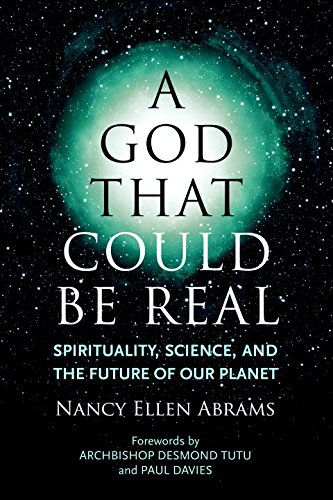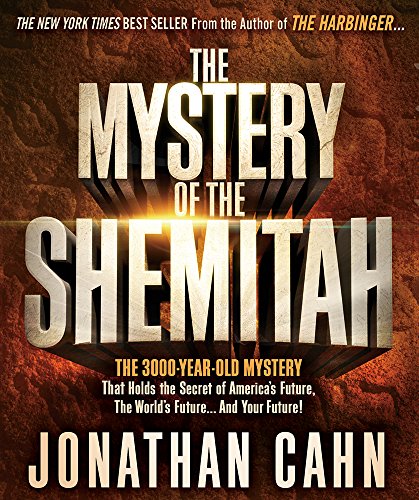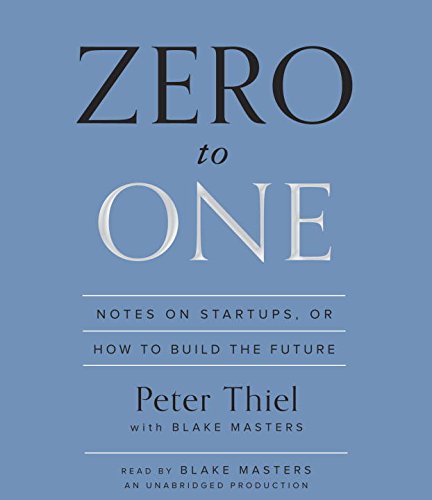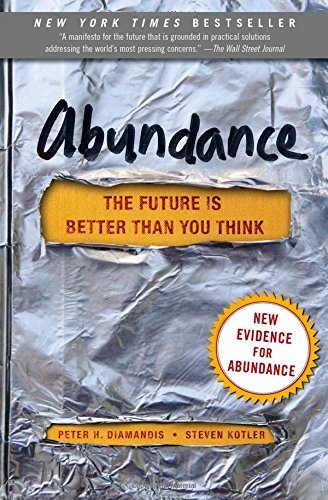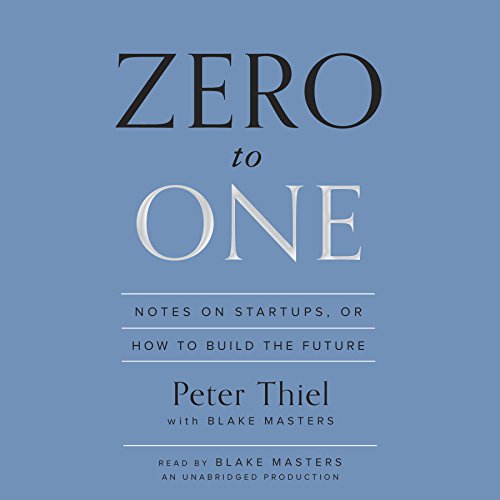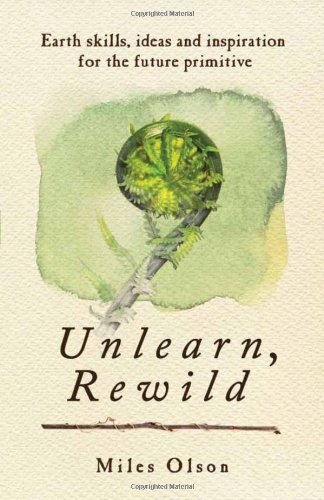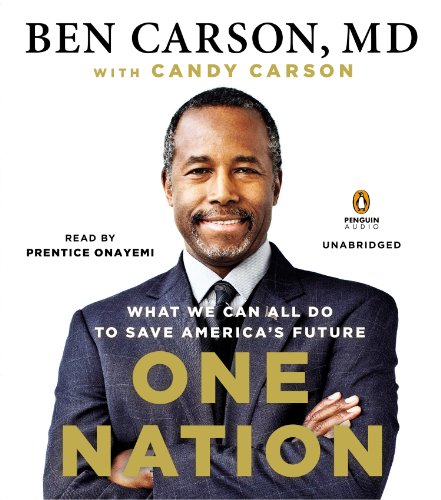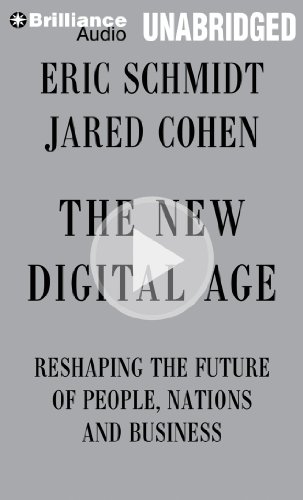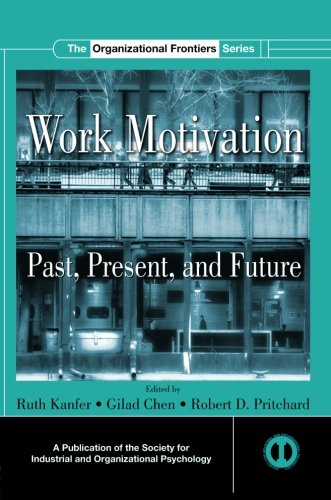
This edited volume in SIOP’s Organizational Frontiers Series presents the current thinking and research on the important area of motivation.Work Motivation is a central issue in Industrial organizational psychology, human resource management and organizational behavior. In this volume the editors and authors show that motivation must be seen as a multi-level phenomenon where individual, group, organizational and cultural variables must be considered to truly understand it. The book adopts an overall framework that encompasses “internal” – from the person – forces and “external” – from the immediate and more distant environment – forces. It is destined to challenge scholars of organizations to give renewed emphasis and attention to advancing our understanding of motivation in work situations.
Product Features
- Used Book in Good Condition

